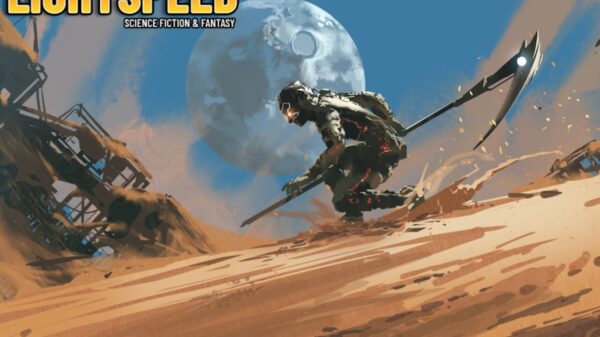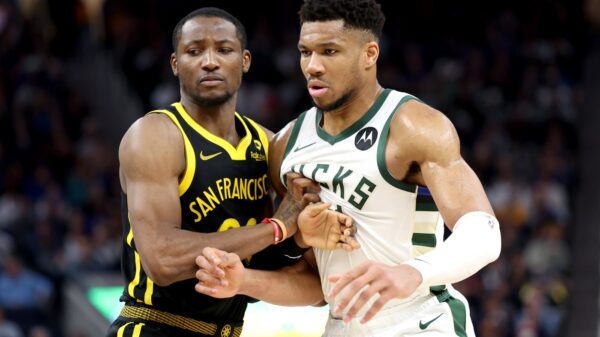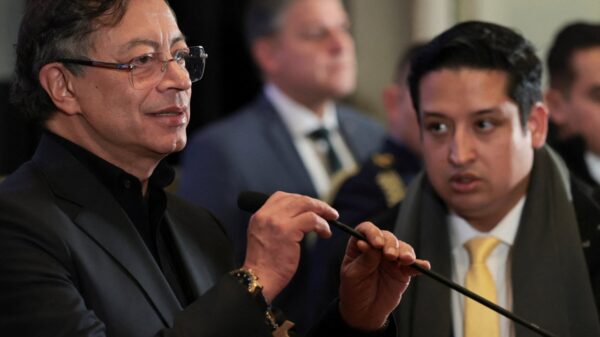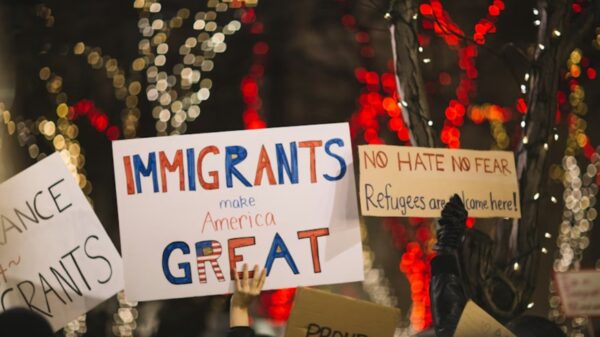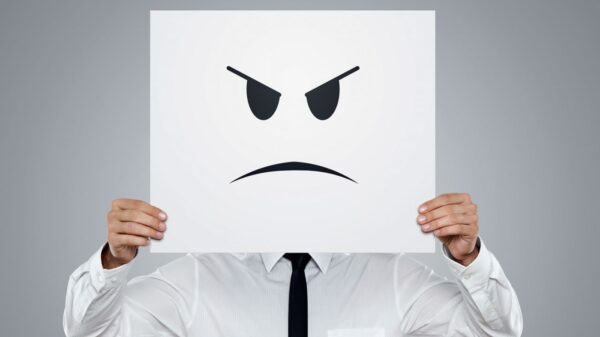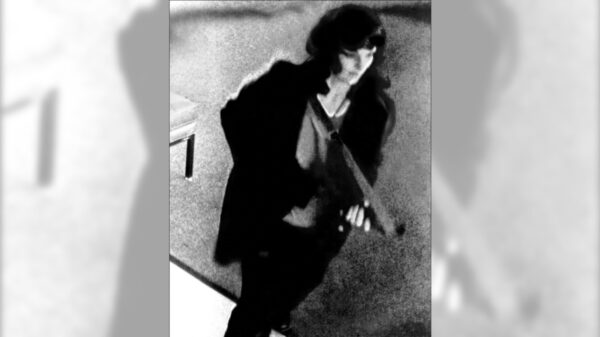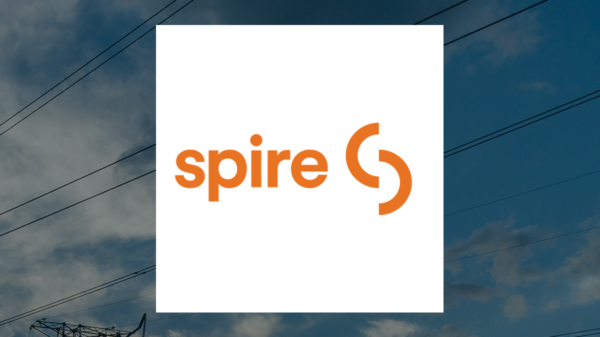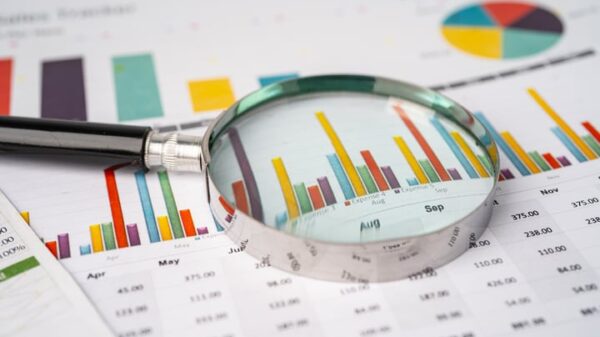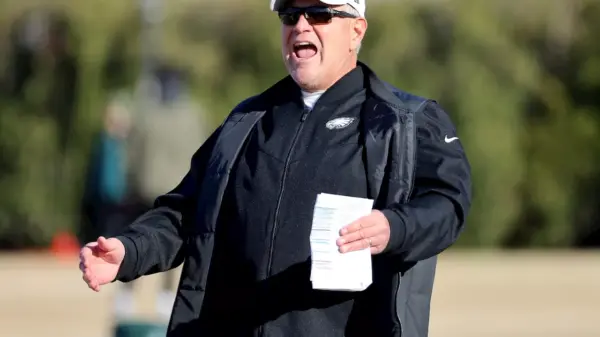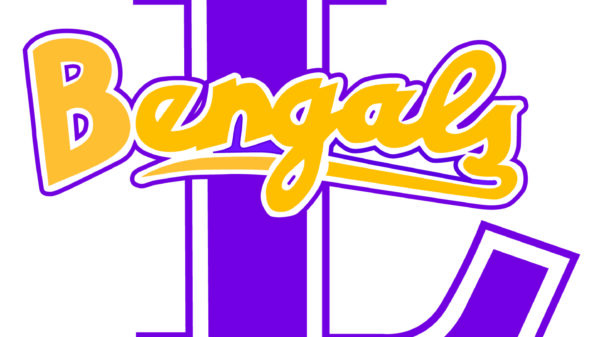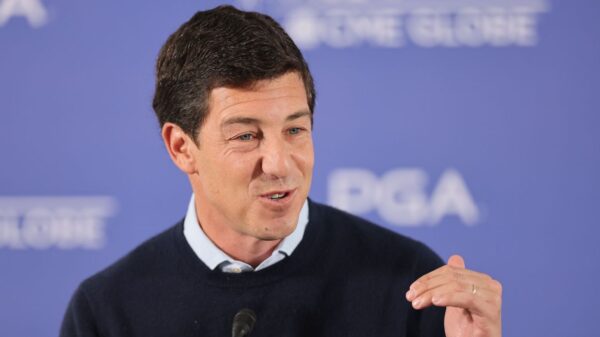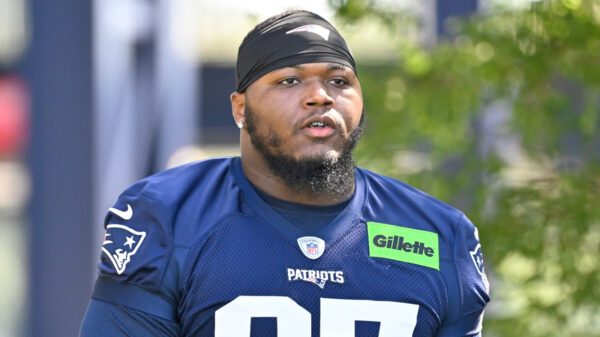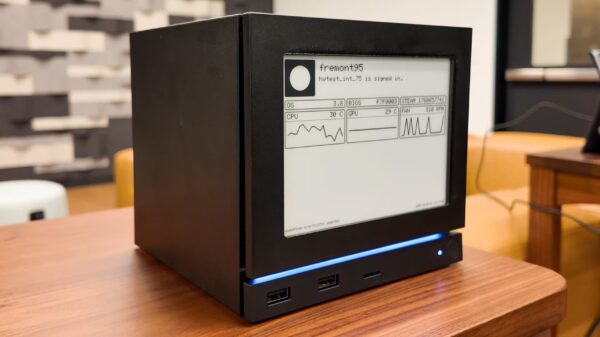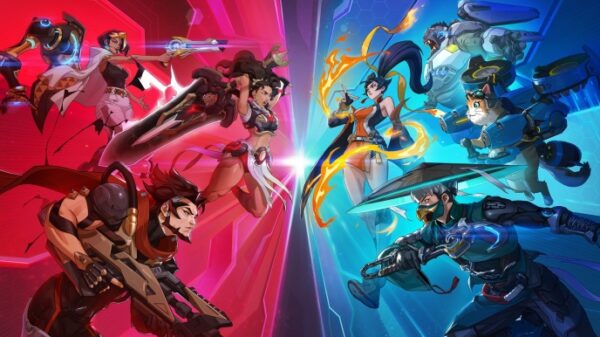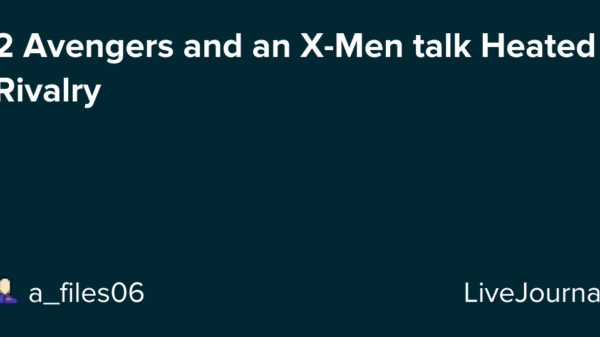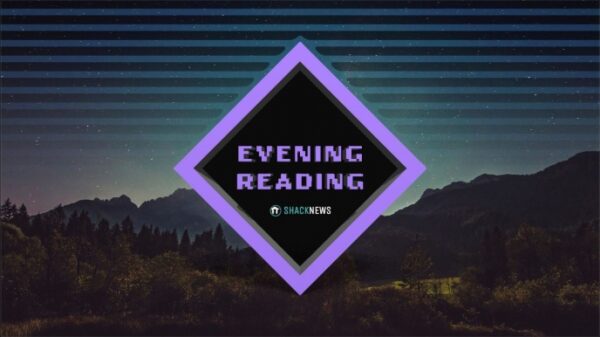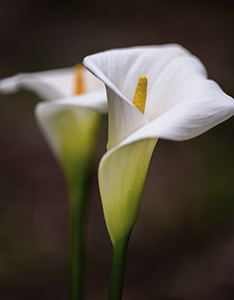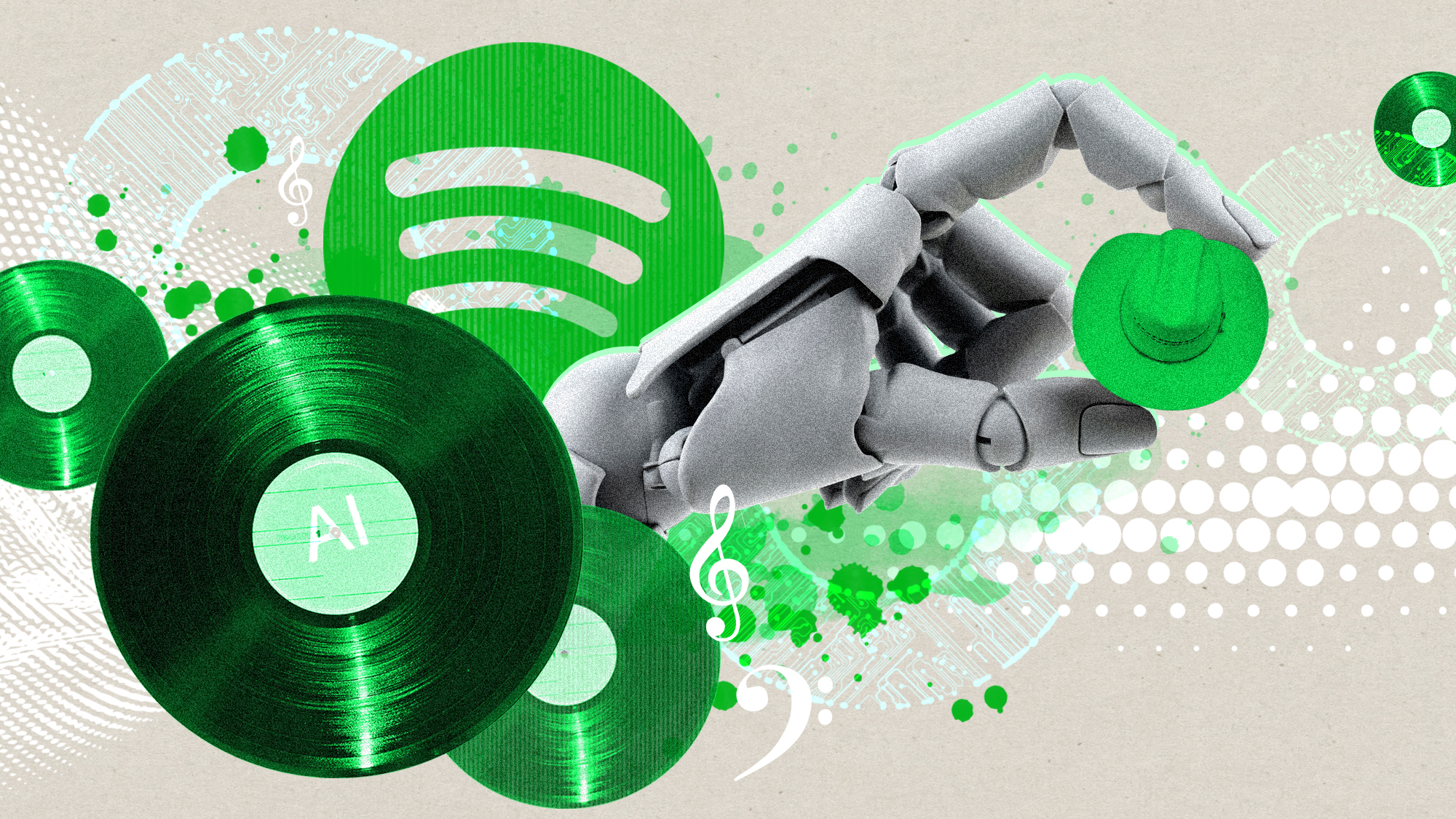The country song “Walk My Walk” by the virtual group Breaking Rust has made history by reaching the No. 1 spot on Billboard’s Country Digital Song Sales chart. Notably, the voice behind this track is not a human but the result of artificial intelligence. This milestone marks the first time an AI-generated song has topped this particular chart in U.S. music history, raising significant questions about the impact of AI on the music industry.
The success of “Walk My Walk” highlights a growing trend where AI-generated music is no longer considered a novelty. According to Billboard, AI music is “already beginning to have an impact” on music charts. With over two million listeners on Spotify, Breaking Rust has several songs streamed over one million times. The group’s composer and lyricist, listed as Aubierre Rivaldo Taylor, appears to be connected solely to Breaking Rust and a separate AI music project known as Defbeatsai. This has led to speculation regarding Taylor’s existence as a real person.
In addition, another AI-generated artist, Cain Walker, holds multiple positions on the same chart, with tracks in the third, ninth, and eleventh spots. The summer saw a surge in streams for songs by yet another AI group, Velvet Sundown, with several tracks surpassing one million streams. As technology advances, the distinction between AI-generated music and traditional music is becoming increasingly blurred. Whiskey Riff notes that much of the AI output is “nearly indistinguishable from the real thing,” which poses risks to authentic artists and songwriters.
The volume of AI-generated music is staggering. According to a report from Deezer, the platform receives over 50,000 fully AI-generated tracks daily. Currently, at least six AI or AI-assisted artists have debuted on various Billboard rankings. This number could rise further as it becomes more challenging to identify which artists are powered by AI, and to what extent.
Public sentiment appears to favor transparency, with a large majority of listeners wanting AI-generated music to be clearly labeled. Despite the challenges of distinguishing AI music from human-made art, the proliferation of tools and platforms that facilitate the spread of AI music is a significant factor. As The Guardian reports, there are dedicated sub-communities sharing tips to help promote AI music.
While “Walk My Walk” has topped the Country Digital Song Sales chart, it is notably absent from the updated daily streaming charts on Spotify or Apple Music. The reason for this discrepancy lies in the changing landscape of music consumption, as very few people purchase digital songs anymore. It takes only a few thousand purchases to reach the number one spot, making such achievements less reflective of overall popularity.
The potential growth of AI music raises concerns for artists who create music through traditional means. Josh Antonuccio, director of Ohio University’s School of Media Arts and Studies, expressed his concerns to Newsweek. He stated that AI music is “creating more noise and integrating tracks to listeners.” The true distinction for human artists will lie in their ability to produce remarkable music, compelling perspectives, and stories that resonate with fans.
As the landscape of the music industry continues to evolve, the rise of AI-generated songs like “Walk My Walk” exemplifies both the opportunities and challenges ahead. The implications for artists, songwriters, and listeners alike remain to be fully understood as the technology develops further.



